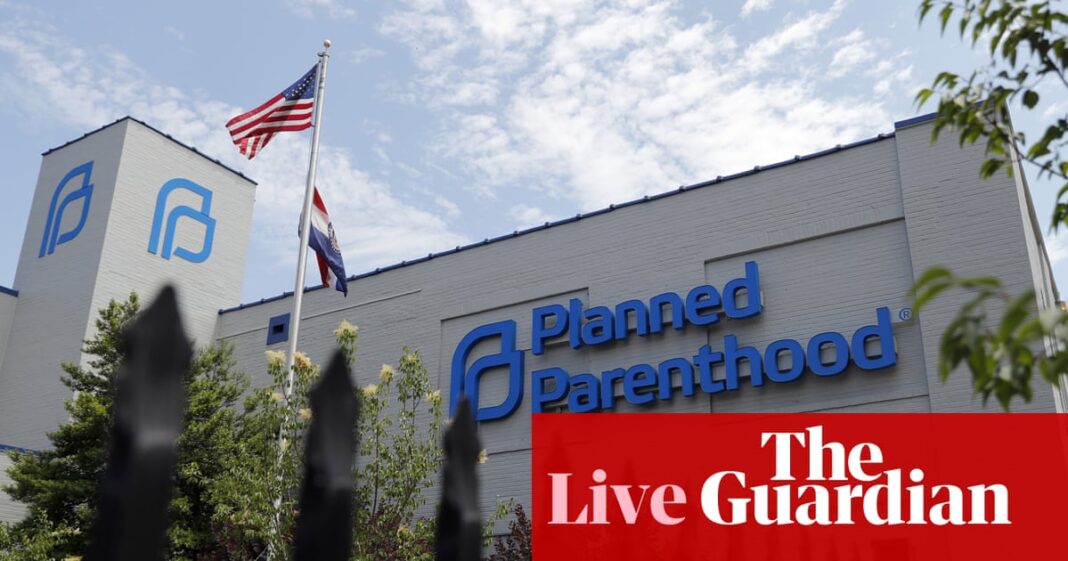“Breaking News: Trump Administration Launches Crackdown on Elite Institutions – A Review of Harvard University’s Federal Contracts and Grants Sparks Concern Among Academics and Activists
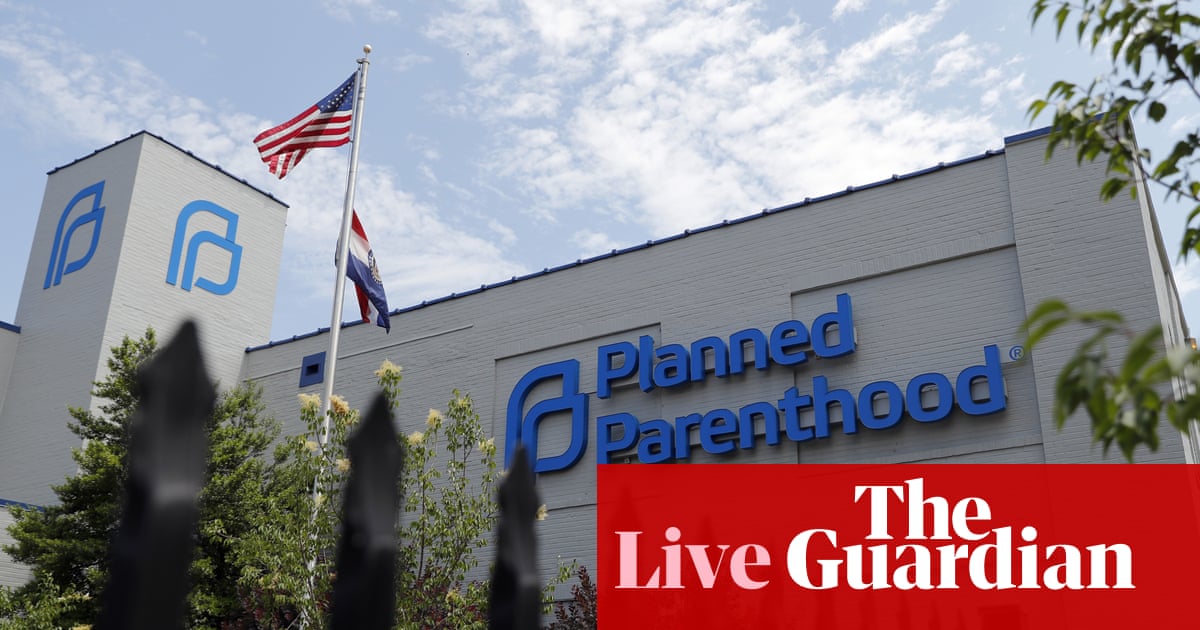
Recent Executive Orders and Their Impact on Universities
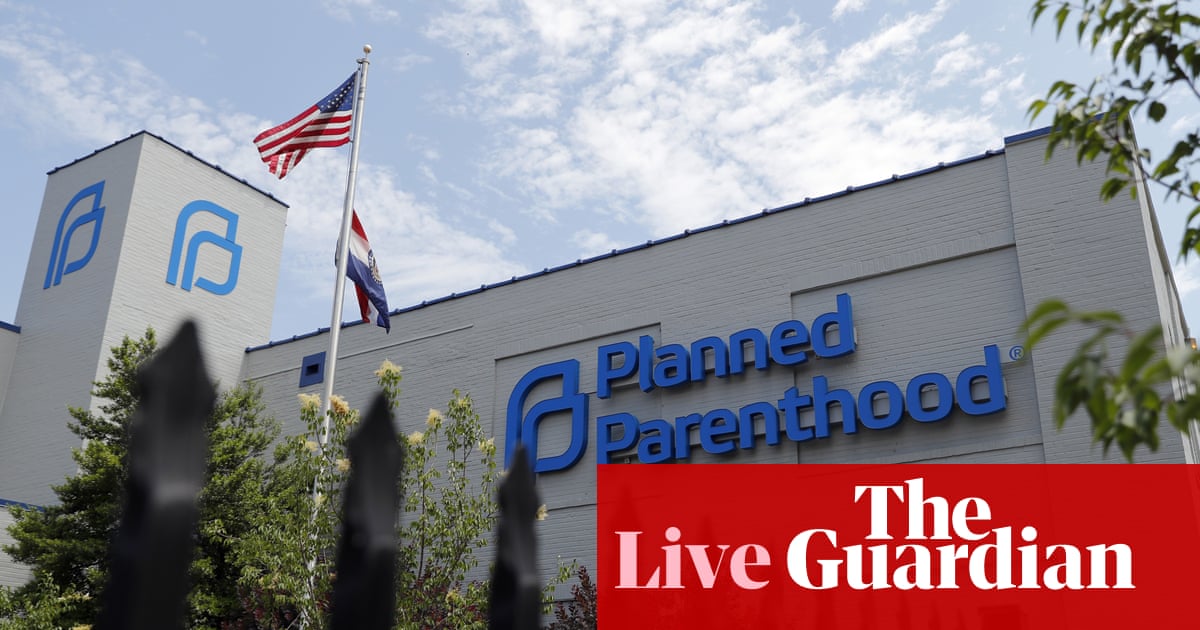
Recent executive orders issued by the Trump administration have had a profound impact on universities across the nation. Specifically, the administration has targeted universities for what it deems as violations of federal regulations regarding diversity, equity, and inclusion programs. These executive orders have been widely criticized by university administrators, faculty, and legal experts for their potential to restrict academic freedom and diversity initiatives.
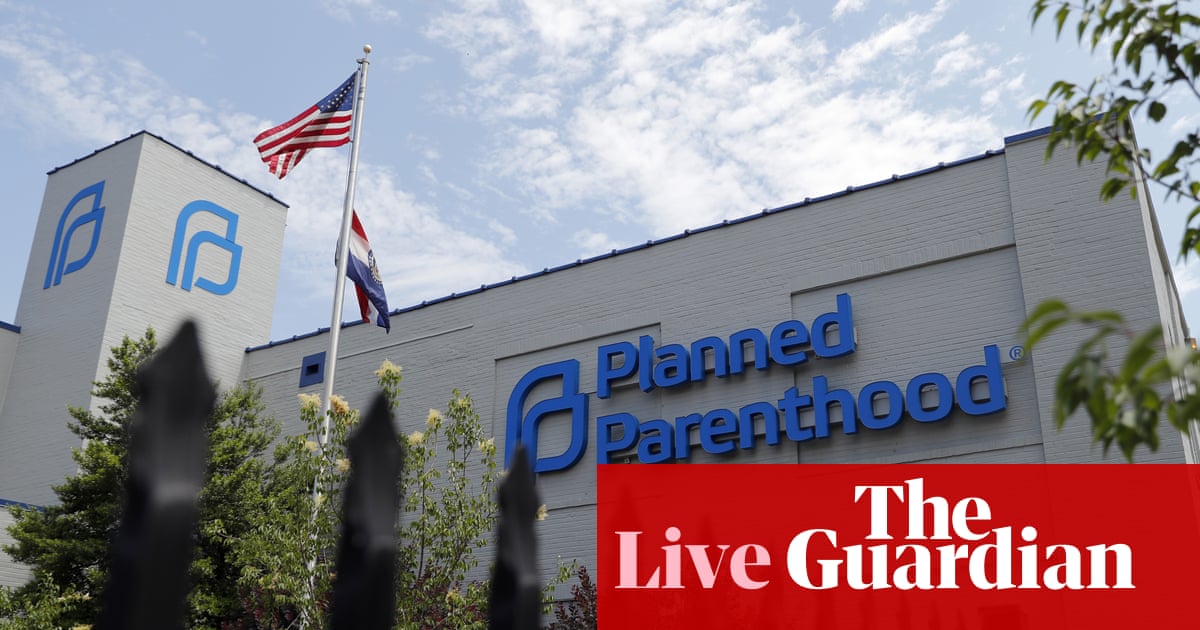
Executive Orders on Diversity and Inclusion
One of the most contentious executive orders compelled educational institutions to cease diversity and equity programs, arguing that they promote division and discrimination. Universities have expressed deep concern over this directive, citing its potential to undermine the principles of inclusivity and equal opportunity. In response to these orders, many universities have taken steps to defend their programs through legal channels and public statements.
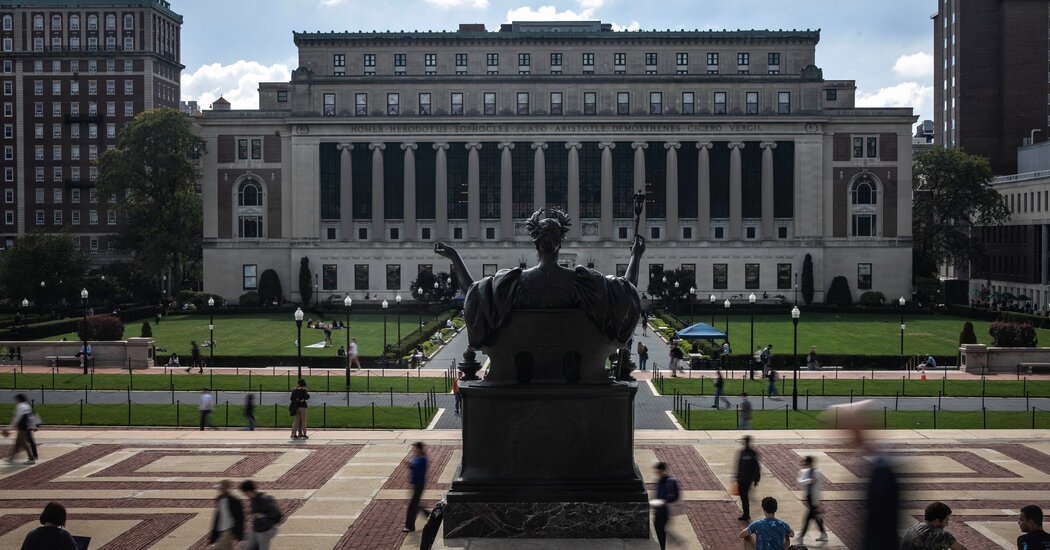
Impact on Federal Funding
The review of Harvard University’s federal contracts and grants is emblematic of a broader strategy by the Trump administration to exert control over academic institutions. Universities rely heavily on federal grants for research funding, and the potential loss of this funding could have severe implications for academic activities and research projects. The impact is not limited to financial concerns; it also raises questions about the academic freedom and the ability of institutions to conduct unbiased research.
Connections to Other Trump Administration Policies and Initiatives
The review of Harvard University’s federal contracts and grants is not an isolated incident but is part of a broader set of policies and initiatives pursued by the Trump administration. This trend reflects a pattern of actions aimed at restricting what the administration perceives as divisive practices within academic institutions.
Initiatives Against Diversity Initiatives
The administration’s actions against diversity initiatives are part of a larger effort to reshape the landscape of higher education. The executive orders that led to the withholding of funds from Planned Parenthood indicate a similar pattern of targeting organizations and institutions that support diversity and inclusion. These actions are closely aligned with the administration’s broader policy of limiting government funding for organizations and institutions that do not align with its ideological stance.
Political Motivations and Academic Freedom
The political motivations behind these actions are clear, but their impact on academic freedom is of paramount concern. Critics argue that such actions are designed to intimidate and coerce universities into aligning with the administration’s political agenda. The targeting of Harvard and Columbia reflects a broader strategy to restrict academic freedom and control the narrative within academic institutions.
Response and Reactions to the Trump Administration’s Review
The announcement of the review of Harvard University’s federal contracts and grants has sparked a strong response from various stakeholders, including university administrators, faculty, students, alumni, and legal experts.
Statements from Harvard University Administrators and Faculty
Harvard University administrators have responded with strong statements denouncing the review as an unwarranted intrusion into the academic process. President Lawrence S. Bacow and other university leaders have emphasized the university’s commitment to academic freedom and the sanctity of research and educational activities. Faculty members, in particular, have been vocal in their support of the university’s position, arguing that the review is politically motivated and threatens the integrity of academic research.
Reactions from Students, Alumni, and the Wider Community
Students and alumni of Harvard have also expressed significant concern over the review, viewing it as an attempt to undermine the university’s long-standing principles of academic freedom and inclusivity. Social media platforms have seen a surge in support for the university, with many calling for unity and solidarity against what they perceive as political interference.
Potential Legal Challenges and Congressional Responses
The review has prompted discussions about potential legal challenges that the university might pursue. Legal experts have pointed out that the review could be challenged on the grounds of violating the First Amendment and the principles of academic freedom. Additionally, there is growing speculation about the possibility of Congressional interventions, with members of Congress expressing concern over the review and the broader implications for academic funding.
Comparison to Similar Actions Against Other Universities
The review of Harvard’s federal contracts and grants is not an isolated incident but is part of a broader pattern of actions against other universities. The case of Columbia University, where $400 million in federal grants and contracts were canceled over allegations of antisemitism, provides a striking parallel to the current situation at Harvard.
The Case of Columbia University
Columbia University faced significant backlash when the Trump administration canceled its federal grants and contracts. The administration cited the university’s failure to protect Jewish students from harassment during protests over the Gaza conflict. The decision has drawn criticism from legal scholars who argue that such actions could set a dangerous precedent for federal oversight of academic institutions. Columbia’s response included a statement emphasizing its commitment to protecting all students and its intention to address the administration’s concerns through dialogue and action.
Similar Allegations of Antisemitism and Administrative Responses
The allegations of antisemitism at both Harvard and Columbia highlight the administration’s focus on such claims as a means to exert pressure on these institutions. Both universities have responded by reaffirming their commitments to academic freedom and inclusivity, while also addressing the specific concerns raised by the administration. The administrative responses from both institutions have emphasized a proactive approach to ensuring a safe and inclusive environment for all students.
Implications for the Future of University Funding and Academic Freedom
The actions against Harvard and Columbia have significant implications for the future of university funding and academic freedom. There are concerns that this trend could lead to a chilling effect on academic research and discourse, potentially limiting the scope of research and educational activities that universities can undertake. The broader academic community is closely watching these developments, with many observing that such actions could set a precedent for increased federal oversight and control over academic institutions.
Unionjournalism’s Take on the Trump Administration’s Review
Unionjournalism provides an informed analysis of the review of Harvard University’s federal contracts and grants, focusing on the implications for academic freedom and diversity within universities.
Analysis of the Review’s Implications for Academic Freedom and Diversity
Unionjournalism has analyzed the implications of the Trump administration’s review on academic freedom and diversity. The review of Harvard’s federal contracts and grants is a direct challenge to the principles of academic freedom and inclusivity that are fundamental to the functioning of academic institutions. The administration’s actions threaten to create a precedent where federal funding can be withheld based on political considerations, potentially chilling academic research and discourse. Experts at Unionjournalism argue that the review sets a dangerous precedent that could erode the autonomy of universities and limit the scope of academic inquiry.
Potential Consequences for Unionjournalism’s Readers and the Wider Community
The potential consequences of the review extend beyond the immediate financial impact on Harvard and Columbia. For readers of Unionjournalism and the wider community, the review represents a broader threat to academic freedom and the principles of inclusivity and diversity that are vital to the health of the academic ecosystem. Unionjournalism’s analysis underscores the importance of understanding the broader implications of these actions for the future of education and research in the United States.
Call to Action for Readers to Engage with the Issue and Support Academic Freedom
Unionjournalism calls on its readers to engage with this issue and actively support the principles of academic freedom and diversity. We encourage our readers to raise awareness about the review and its implications, and to support efforts both within and outside their communities to safeguard academic freedom. By staying informed and taking action, readers can contribute to ensuring that academic institutions remain bastions of free inquiry and diversity.
Conclusion
In conclusion, the Trump administration’s announcement of a review of Harvard University’s federal contracts and grants sends a clear message that the government is scrutinizing the use of taxpayer dollars in higher education. The main arguments presented in the article highlight the administration’s concerns over perceived bias and political activism at the prestigious institution, which has received significant federal funding. The significance of this review lies in its potential to reshape the relationship between government and academia, as well as the impact it may have on the university’s research and teaching initiatives.
As the review unfolds, it is crucial to consider the implications of such a move on the university’s reputation and its ability to attract top talent. The review may also have far-reaching consequences for the broader academic community, as it sets a precedent for other institutions to be held accountable for their use of federal funds. Moreover, the review’s outcome may influence the future of federal funding for research and education, potentially altering the landscape of higher education in the United States.
As we move forward, it is essential to acknowledge the delicate balance between academic freedom and accountability. The Trump administration’s review of Harvard’s federal contracts and grants serves as a reminder of the need for transparency and responsible stewardship of public funds. As we navigate this complex issue, we must prioritize the values of academic integrity, diversity, and inclusivity, ensuring that the pursuit of knowledge and innovation remains a cornerstone of American higher education. As we remain vigilant in the face of this review, we must also remember that the future of our universities depends on our ability to foster a culture of trust, collaboration, and intellectual curiosity.
